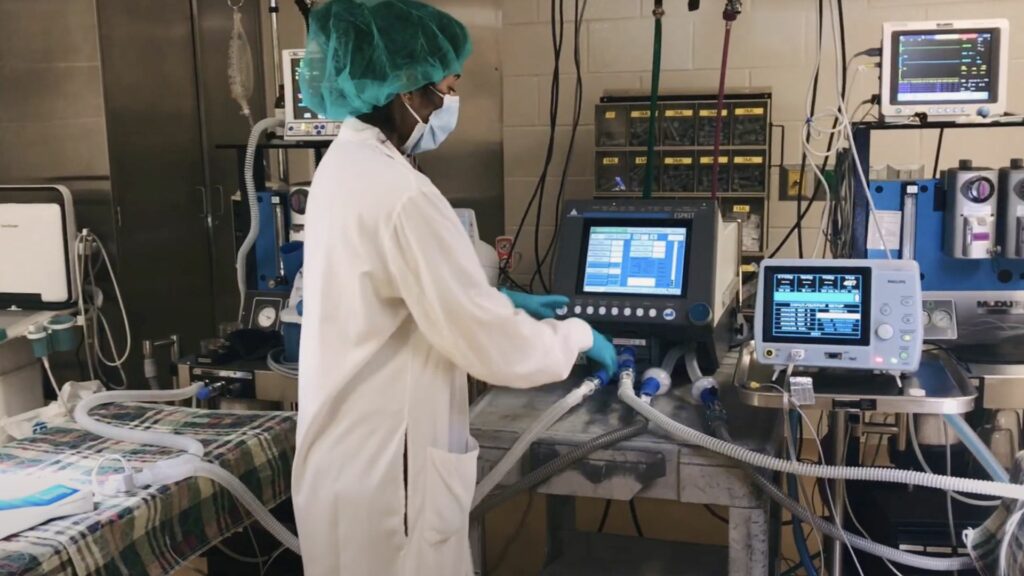James is driven to understand how the different cell types in the human body are formed in the embryo. He studied for his undergraduate degree in Australia before completing his PhD in Systems Biology at Harvard, where he built a map of the molecular changes that occur in cells during the early stages of embryogenesis. Using and developing big data approaches to systems biology, his research helped to provide a new view of embryo development and evolution.
As a Schmidt Science Fellow, James worked with Dr. Feng Zhang at the Broad Institute of MIT and Harvard to build a tool to enable the systematic manipulation of many genes in each cell on his map, so as to reveal how genetic circuits allow developing cells to make decisions to become different types.
He now continues his research as a Postdoctoral Fellow at the Broad Institute.
By understanding the ‘rules’ that govern how different cell types form in the embryo, we have the potential to apply those rules to control what cells do and to create the cells required for different types of new therapies.
James hopes to focus on generating cell types that are affected in prevalent metabolic or blood diseases. Among the simplest cell types to be delivered to patients by transplantation, these cell types are currently hard or impossible to be generated efficiently in a dish, and thus would have potential immediate therapeutic impact.

